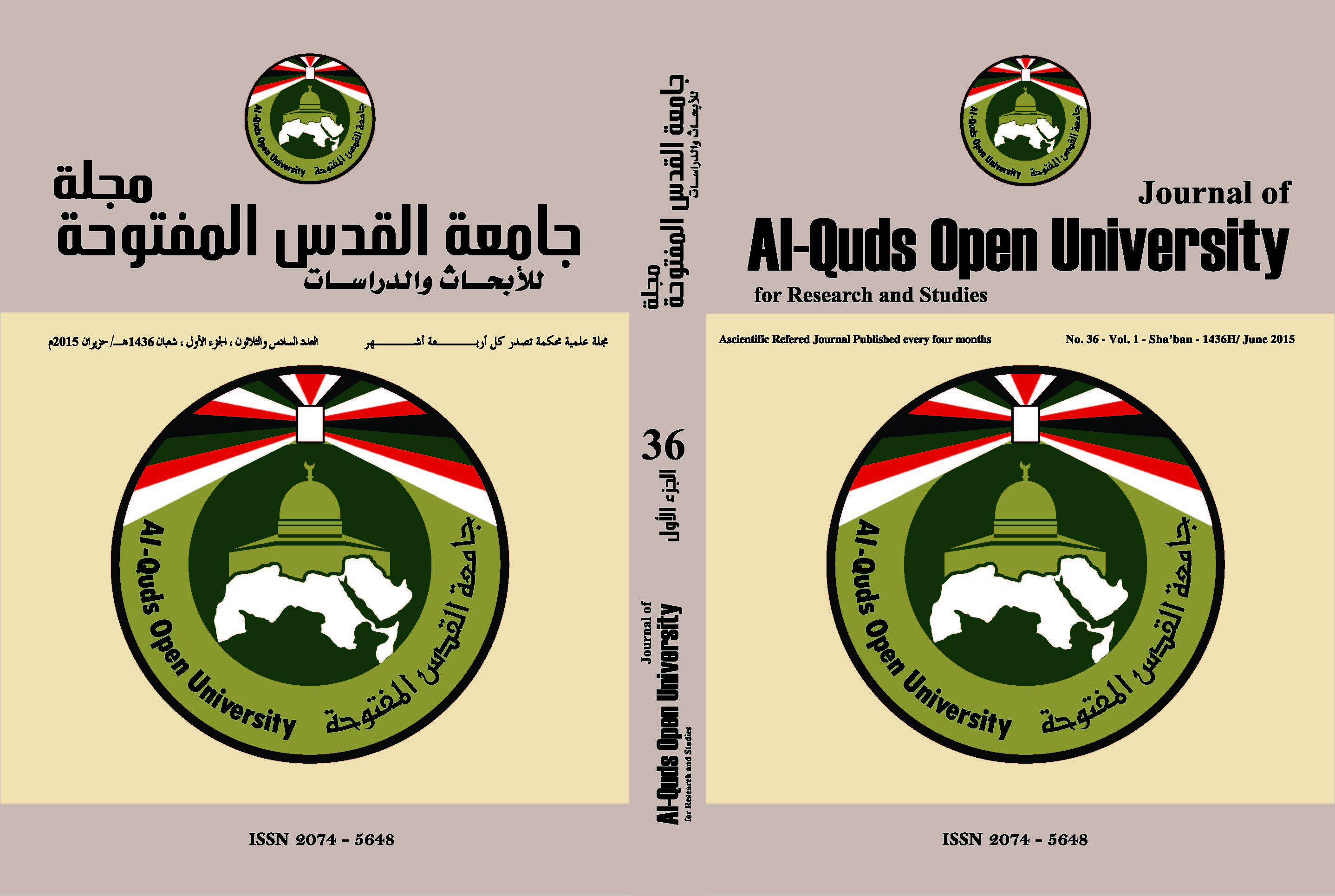Controversial Voices Issues under Light of the Computational Speech Analysis
Keywords:
Arabic Phonology, wave form, Fundamental Frequency, spectrogram.Abstract
Arabic phonology has emerged as a natural result of the scholars’
interest in the Holy Qur’an, as they set rules for its correct pronunciation
and showed the foundations on which the language of the Qur’an is based.
The revelation of the Holy Qur’an was the main motive behind the emergence
of Arabic sciences in general and phonology in particular. In fact, Arabic
phonological studies came into existence as a result of the readers’ interest
in setting rules for the correct recitation of the Holy Qur’an.
The science of Tajweed (Recitation) is undoubtedly a genuine source of
Arabic phonological studies. This is due to the invaluable achievements made
by Tajweed scholars in phonological studies, and not due to numerous writings
in this science. I would even go as far as to claim that what phonologists have
achieved so far completes what has been achieved by Arab scholars in the
past as well as their preceding Indian scholars. Arab scholars’ endeavors to
study linguistic sounds were among the outstanding achievements in linguistic
studies on the basis of which a good number of studies have been established.
However, none of modern Arab philologists has taken interest in Tajweed
books which include studies on linguistic sounds. Such studies are as equally
important as other studies in Arabic.
This study deals with a number of phonological issues that raised
controversy between old and modern linguists. It combines both theory
and application through reliance on the results of the technical analysis of
sounds. Nonetheless, this study is not unrelated to the endeavors of Arab
scholars who made a detailed description of Arabic sounds in order to keep
Arabic pronunciation away from any alteration and to preserve the correct
and standard pronunciation of the Holy Qur’an.
Downloads
Published
How to Cite
Issue
Section
License
- The editorial board confirms its commitment to the intellectual property rights
- Researchers also have to commit to the intellectual property rights.
- The research copyrights and publication are owned by the Journal once the researcher is notified about the approval of the paper. The scientific materials published or approved for publishing in the Journal should not be republished unless a written acknowledgment is obtained by the Deanship of Scientific Research.
- Research papers should not be published or republished unless a written acknowledgement is obtained from the Deanship of Scientific Research.
- The researcher has the right to accredit the research to himself, and to place his name on all the copies, editions and volumes published.
- The author has the right to request the accreditation of the published papers to himself.













_2.png)
_.png)
_2.png)
_1.png)
_.png)

